Past Events
May 3, 2025
2025 NYSMEA Conference
Ocean Science and Technology for Everyone: Inspiring a New Generation of Marine Scientists
All attendees had the opprtunity to visit the NMYS table present at the Conference, which took place at SUNY Maritime College (Bronx, NY).
June 29, 2024
Shorebirds and What They Eat
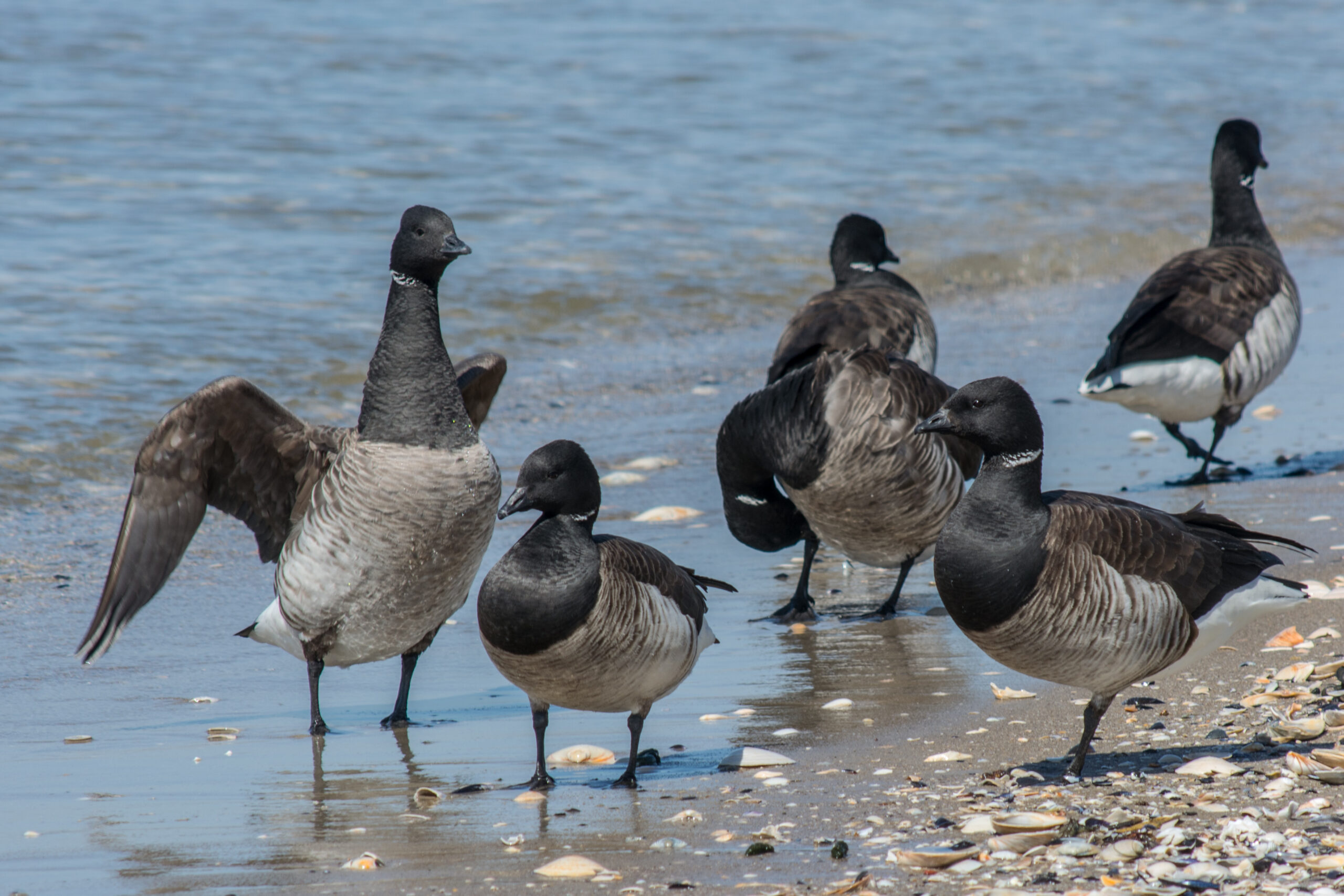
This family festival style event at Rockaway Beach (Beach 44 St) was sponsored by the NYC Parks Department.
Nesting shorebirds feast among the seaweed and plants that wash up on the beach at high tide. The birds aren’t particularly interested in the plants, they prefer the small invertebrates within.
We gathered samples from the shore which included mole crabs, amphipods, Coquina clams (Donax variabilis), a variety of seaweeds, and some garnet sands, which made for a wonderful micro-jungle to explore under a microscope.
February 24, 2024
A Deluge of Diatoms (or The Plankton Palooza)
We met down near Chelsea Piers, collected some crazy beautiful diatoms, had a look at them under some microscopes, and then warmed up with a hot chocolate at the cafe on the pier.
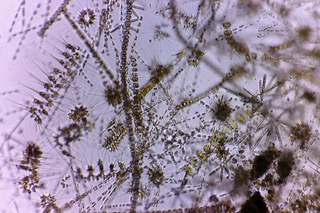
September 23, 2023
Taking a Close Look at Insects
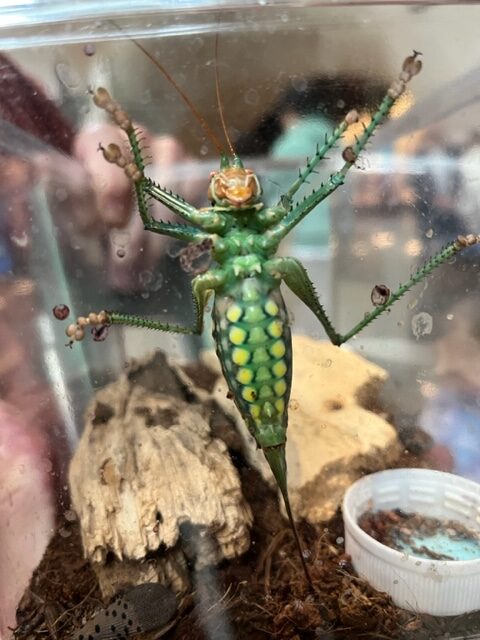
We were treated to a NYMS-only tour of the Insect lab at the American Museum of Natural History, along with a look at the new Insectarium in the new Gilder Center, and in the Endangered and Extinct photo exhibition with magnificent photos of specimens from the Museum’s scientific collection.
August 5, 2023
The Hudson River, Plankton and Beer
MicroExpedition to Yonkers
We did some fish seining, gathered plankton and estuary marsh samples for observation at home, then follow up with a little sit and chat at the Yonkers Brewing Company
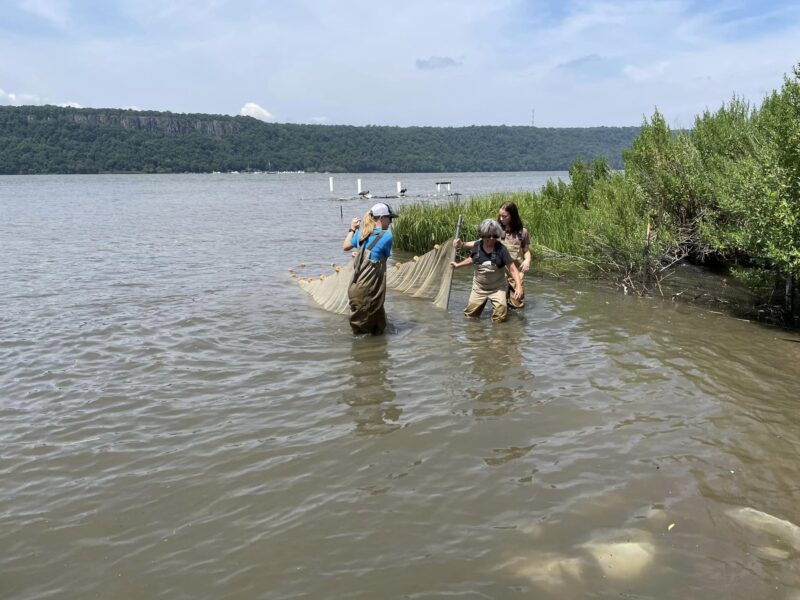
July 22, 2023
Kingsland Wildflowers Festival
Hosted by the Newton Creek Alliance, Greenpoint, Brooklyn
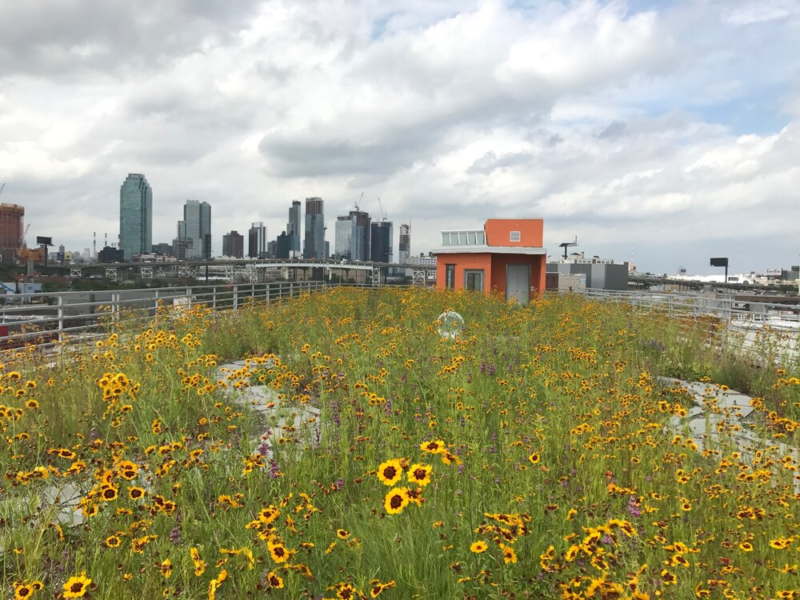
The event included music, dance performances, food and beverages, other engaging activities for folks of all ages, and community partner information booths and activities. This festival included green roofs open for exploring as well as the area along Newtown Creek. We focused on plants and pollinators and collected flowers and weeds.
July 20, 2023
Microscopic Pathology of Cheetah Kidneys: A Multinational Collaboration
The cheetah is a magnificent animal, the fastest mammal on land. The world’s cheetahs have great genetic similarity with each other which can make them more susceptible to disease. Thus, zoo’s around the world participate in captive breeding programs and seek to advance the scientific knowledge about their medical needs and diseases.https://nyms.org/wp-admin/post.php?post=1661&action=edit
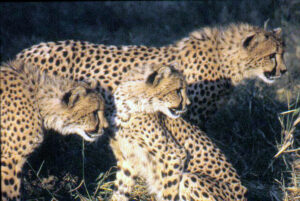

Join the NY Microscopical Society today
FREE MEMBERSHIP until 2028!

